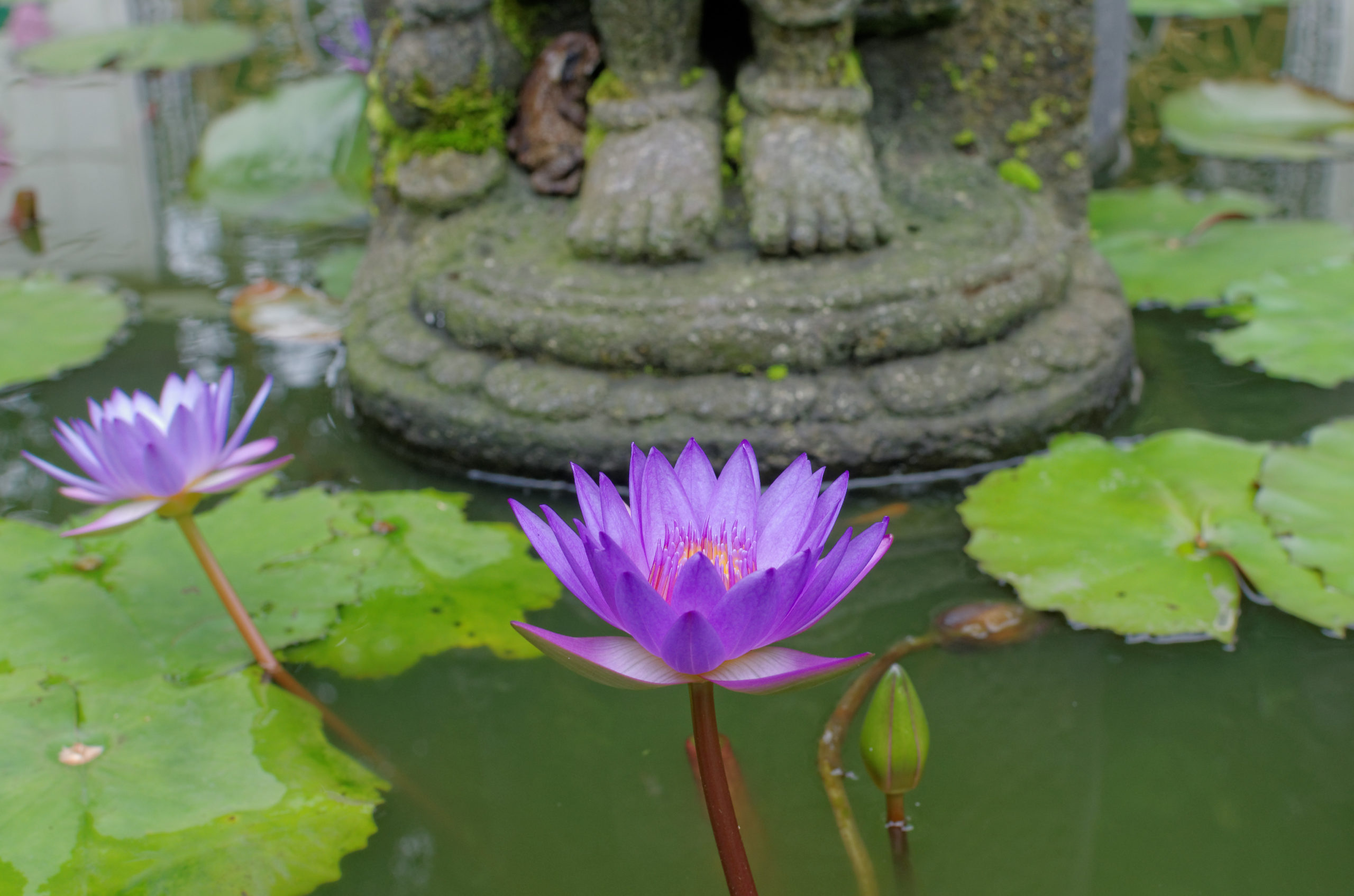
Karin Meyers, “Dreams and Dream Yoga in Indian and Tibetan Buddhism”
This presentation will provide a brief overview of the place of dreams in Indian and Tibetan Buddhism, and will focus in particular on the practice of dream yoga. Dream yoga works with the imagination in several different ways, including using the imagination to induce certain kinds of dream, to transform dream experiences, to blend waking and dreaming experience, and ultimately, to awaken from the false imagination of dualistic appearances entirely. While there is a fair amount of popular interest in the topic of Tibetan dream yoga, especially in connection with lucid dreaming, it has received less attention in the American academy compared to other forms of Buddhist meditation and practice, especially given that we all dream and spend close to a third of our lives asleep. This is likely owing to a broader cultural prejudice valuing waking, external sensory experiences and rational thought processes over “altered” states of consciousness for making meaning and acquiring knowledge. The talk will conclude with some cross-cultural reflections on dreaming.
Readings:
Young, Serenity. “Dream Practices in Medieval Tibet.” Dreaming 9:1 (1999), 23-42. (14 pages)
Norbu, Namkai. Dream Yoga and the Practice of Clear Light. Edited and introduced by Michael Katz. Ithaca: Snow Lion Publications, chapters 1-2. (pdf is from1992 edition with intro included; 2002 edition has additional chapters.)
Holocek, Andrew. “What is Dream Yoga and How do you Do It.” Lion’s Roar (July 19, 2017) https://www.lionsroar.com/waking-up-from-the-dream-of-a-lifetime/.
Further Reading:
Kyabgon, Traleg Rinpoche. Vajrayana: An Essential Guide to Practice. Victoria, Australia: Shogun Publications, 2020. (especially part three)
Laughlin, Charles. “Communing with the Gods: The Dreaming Brain in Cross-Cultural Perspective.” Time and Mind: The Journal of Archeology, Consciousness, and Culture 4:2 (July 2011), 155-188.
See annotated bibliography for more suggestions.
Speaker
-
Karin MeyersInstitute Co-Director
Karin Meyers is Academic Director of Mangalam Research Center (Berkeley, CA). She received a PhD with distinction from The University of Chicago Divinity School in 2010, and has taught at several colleges and universities in the US and abroad, including Kathmandu University and Rangjung Yeshe Institute’s Centre for Buddhist Studies in Nepal, where she directed the masters program in Buddhist Studies until returning to the US in 2017. Karin’s scholarly work focuses on bringing Buddhist perspectives to bear on cross-cultural and interdisciplinary inquiry into fundamental metaphysical, epistemological, and ethical questions. In recent years she has focused in particular on the climate and ecological crisis in light of Buddhist thought and practice.
